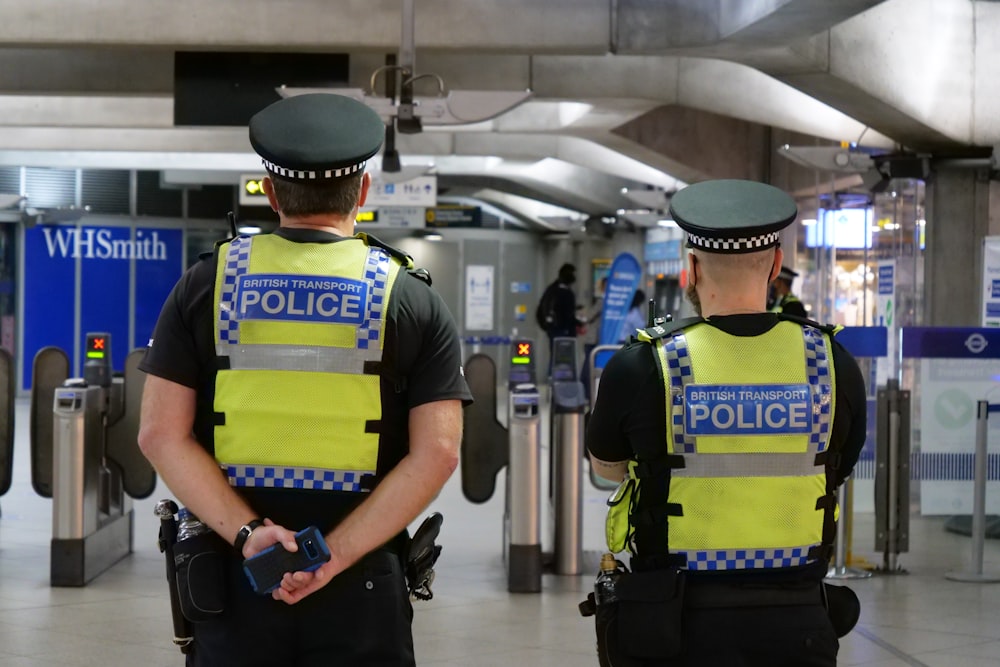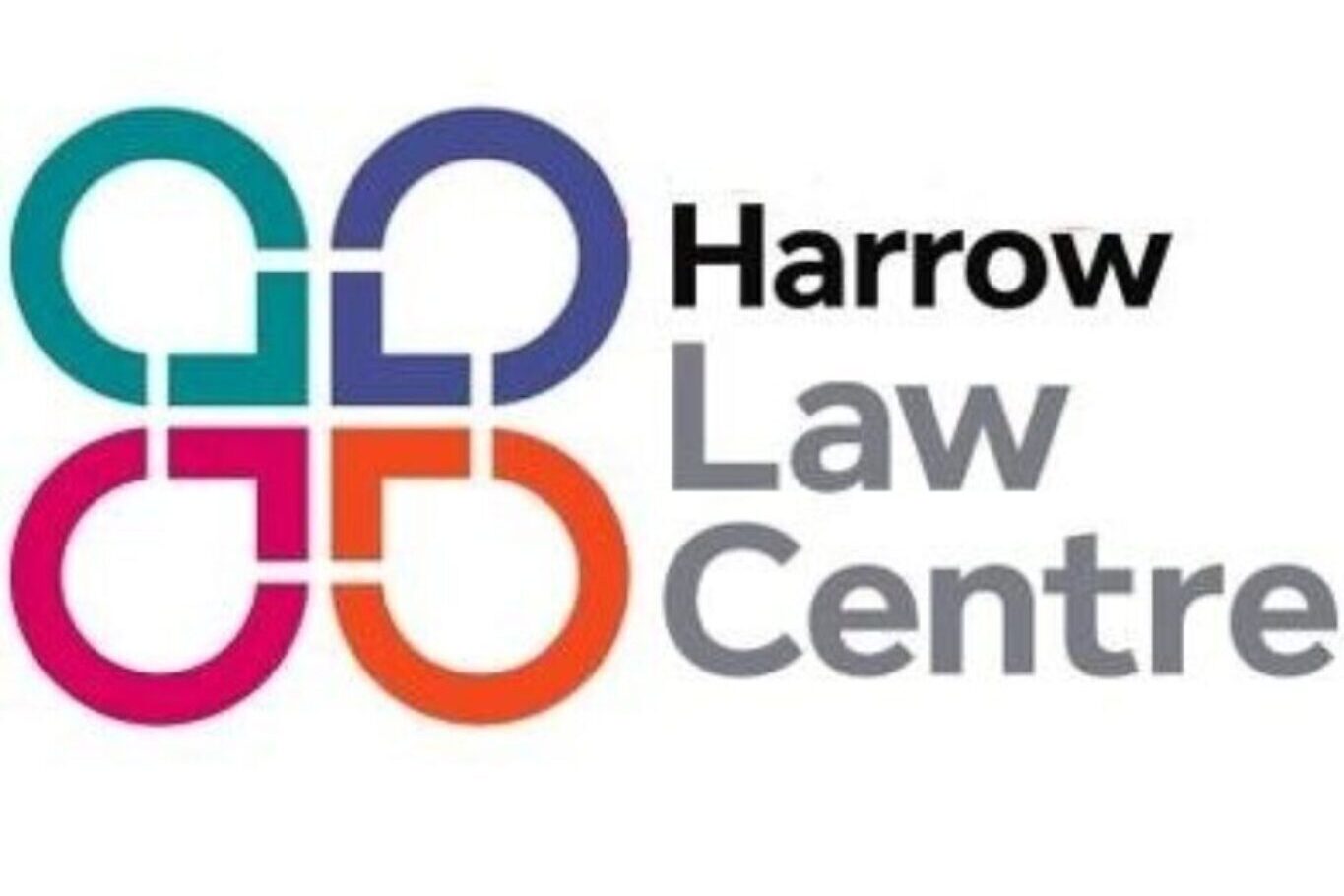This page provides general information about stop and search. If you need legal advice because you have been accused of committing a crime you should speak to a criminal defence solicitor. You can find one at solicitors.lawsociety.org.uk
Police Questioning: Stop and Account
Why the police might want to speak to you
- If they suspect you of a crime
- If they think you might have witnessed a crime or have information about a crime
- The police must tell you why they have stopped you.

Police duties and powers
Stop and search by the police must be either suspicion-based or based on a Section 60 order, and they must tell you on what basis they are stopping and searching you.
Reasonable Grounds
- Suspicion-based means they have a genuine suspicion based on reasonable grounds that you are carrying drugs, weapon, stolen property, or something that could be used in a crime.
- Reasonable grounds is what a normal person would think was fair if they had the information the police had.
- If the search is suspicion-based, the police must tell you:
- Their name
- What police station they are from
- What they expect to find, explain the reasons for the search, and make a record of the search unless impractical. You are entitled to a copy of the record within three months of asking for it.
Section 60/Suspicionless Searches
- Suspicionless (Section 60 of the Criminal Justice and Public Order Act 1994): If a Section 60 order is in place, police do not need reasonable grounds.
- Section 60 can only be authorised by a senior police officer of at least Inspector rank. Authorisation usually lasts 24 hours. Grounds for authorisation normally include: serious violence may occur and authorisation may prevent, serious violence occurred with weapon and Section 60 might help find it, or there are people carrying weapons without good reason.
- If the search is suspicionless, police need to explain there is a Section 60 in force and their powers. You are entitled to written statement that you were stopped under Section 60 within one year of asking.
Your rights
- You can’t be stopped for no reason.
- You can’t be stopped solely because of your physical appearance, race, age, sex or religion.
- If you are under 18 the police have to make sure that they protect your well-being at all times. You can ask for another adult to be with you during the search. The adult could be your family member, a friend, or a stranger not connected to the suspected offence.
- The search should also be carried out by officer of the same sex.
- If you cannot understand English well, then the police have to take reasonable steps to provide you with information in a language you can understand.
- You are allowed to record the police and what they are doing as long as you are not getting in their way. Obstructing a police officer when they are doing their job is an offence.
You should know
- Police do not need your consent to search you.
- Police can use reasonable force if necessary.
- Non-compliance could result in an offence such as obstructing police or assaulting police or emergency worker.
- Police officers wear ‘body worn cameras’ – this camera is usually attached to their uniform around their chest area. You can ask them to make sure it is switched on and recording.
- Being searched or questioned by the police does not mean you will have a criminal record, but if the search or questioning results in a charge and a conviction, you will have a record.
Helpful suggestions
- If the police do stop you to speak to you, try to stay calm and listen to what the police officer is telling you. They might just want to ask you some questions. They won’t necessarily want to search you or arrest you.
- If you are witnessing a stop and search, it is best to avoid recording the person being searched or arrested – because they might not want a video of them getting arrested to go viral! It is always worth asking the person if they are happy for you to record them and how the police are treating them.
- If you want to record on your phone, don’t just put your hands into your pocket because this might make the police officer think you are going to get a weapon out or you are trying to resist them. They might put you in handcuffs. Explain that you want to record the incident and ask them if you can get your camera out.
Police Questioning: Stop and Account
Why the police might want to speak to you
- If they suspect you of a crime
- If they think you might have witnessed a crime or have information about a crime
- The police must tell you why they have stopped you.

Rights
- If you’ve been suspected of committing an offence, the police have to warn you that refusing to answer their questions is an offence.
- If you have not been suspected of committing an offence then you can’t be arrested or searched just because you didn’t answer the police’s questions.
- Giving false information could be a criminal offence. It can also harm your defence later if you are charged and tried.
- If police suspect you are not a British national, then they can require you to provide your nationality and provide documentation. It is an offence not to answer unless you have a reasonable excuse.
- If you are under arrest for a suspected offence, the police can ask you to state your nationality if there is a suspicion that you are not British. (Section 43A UK Borders Act 2007 – inserted by Section 159 Policing and Crime Act)
Searching your person in the street
- Police might ask you to remove some clothing.
- The police can only ask you to remove outer clothing such as your gloves, coat or jacket in the street.
- They can also put their hand into your shoes, socks or headgear if they think something is hidden there.
Intimate searching
- If necessary, the police can conduct a more intimate search and ask you to remove more clothing including religious attire, but this must be done in private and by an officer of the same gender.
- If the police are unsure of your gender, they should ask you what gender you would prefer to be treated as.
- The police can use force to conduct an intimate search you are not complying.
- If you are under 18 then an appropriate adult should be there unless you do not want this.
Making a complaint
- The time limit to make a civil complaint about police behaviour is six months.
- If you are arrested, raise your complaint with your defence solicitor.
- If it doesn’t result in an arrest you could contact Harrow Law Centre.
- Whether or not it results in an arrest, if you think you have been discriminated against you should contact a lawyer through the Law Society who deals with civil action against the police. You can also complain to the local police online (check out the Met Police website). If it’s a really serious breach you can go to the Independent Office for Police Conduct.
Met Police complaints
https://www.met.police.uk/fo/feedback/tc/thanks-and-complaints/
IOPC complaints
https://www.policeconduct.gov.uk/complaints-reviews-and-appeals/make-complaint

